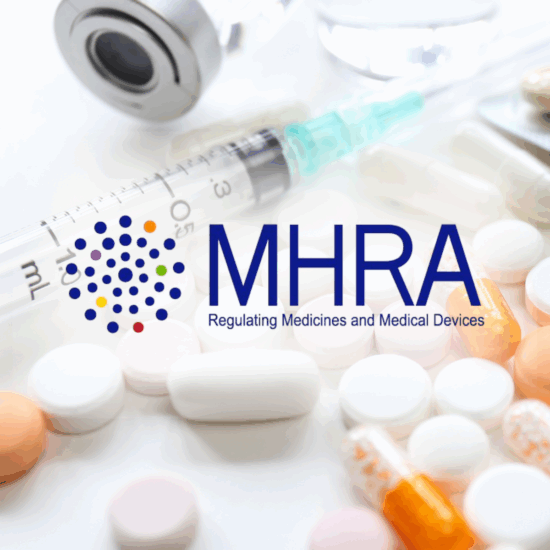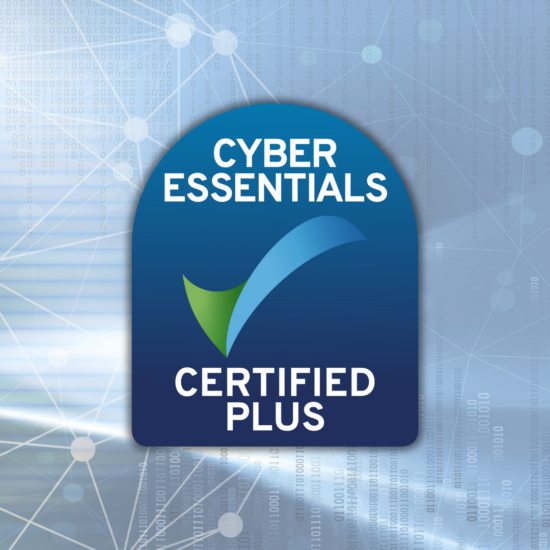New UK Clinical Trials Regulation 2024: What You Need to Know
Published May 29, 2025
Published 02nd June 2025

Preparing a drug or device program for FDA evaluation requires more than adherence to regulatory requirements. It demands a strategic, adaptive, and forward-thinking approach. This whitepaper emphasizes the importance of early, well-planned engagement with the FDA to mitigate development risks and accelerate time to market. As the regulatory landscape shifts towards real-world evidence, digital health solutions, and patient-focused development, Sponsors must cultivate regulatory intelligence, build internal expertise, and remain agile in their development strategies.
DLRC Group exemplifies this proactive philosophy, leveraging decades of experience and a deep understanding of FDA processes to guide over 250 clients through successful regulatory submissions, including 31 cleared INDs in the past five years. By prioritizing collaboration, flexibility, and continuous learning, DLRC helps Sponsors transform regulatory challenges into opportunities. Positioning their programs for long-term success in a dynamic U.S. healthcare market. Read on for practical guidance on how to optimize your FDA meeting strategy to achieve US success.
Contact DLRC Group to discuss how our award-winning regulatory support can transform your approach to FDA engagement.

Published May 29, 2025

Published May 29, 2025

Published May 01, 2025

Published Apr 28, 2025

Published Apr 25, 2025

Published Apr 11, 2025

Published Mar 31, 2025

Published Mar 27, 2025

Published Mar 27, 2025